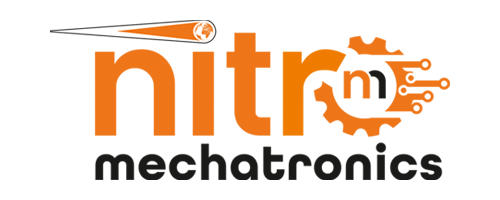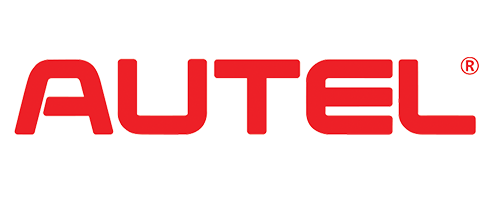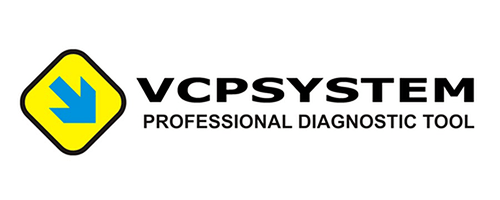What is ECU?
What is ECU?
The electronic control unit (ECU) is a small device in a vehicle for controlling one or more electrical systems in the vehicle.
ECU will tell you how the electrical system works and what to do. After the ECU receives information from one or more components from the vehicle, the ECU uses this information if necessary.
For example, the airbag ECU receives information from the collision sensor and the seat sensor.
When a collision occurs, the ECU will decide which airbags deployed according to the seating position of the passenger. Then it indicates that the actuator uses them.
The actuator then converts the electrical signal into the required physical value by valve, injector or relay.
Today's cars evolve with technology and have more than a thousand ECUs with different functions, such as basic systems (such as power steering and transmission control), comfort (such as power windows and seats), and safety ( such as airbags and brakes). Each ECU typically includes a dedicated chip that runs its own software or firmware and requires power and data connections to run.
The ECU will then communicate with the actuators to perform actions based on the input. In our example, the door lock ECU activates an actuator to lock or unlock the corresponding door
The airbag ECU will select the airbag to be deployed according to the occupant's location, and then the command executor deploys them.
The automatic emergency braking ECU applies the brakes to avoid a collision. With the development of technology, every new function of the car means a new control unit.
How Does An ECU Work?
Feeding ECU data from multiple sensors around the vehicle, it can efficiently manage and control electronic systems, issuing commands to improve their performance
What happens If An ECU Is Faulty?
When the ECU is broken or broken, things can go badly. If the ECU fails, fuel consumption may increase and gear changes may be bumpy. The ECU is a very important control mechanism because it is connected to all the systems in the car.























